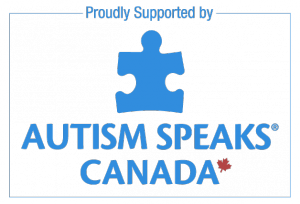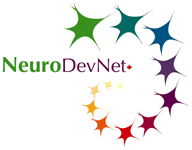Filmed in 2009 – edited into 4 parts; total 239 minutes
Why Focus on Transition to Adulthood? Although the emphasis on transition from high school to work officially begins in Grade 10 and continues until graduation, in reality, the process should begin much earlier for students with ASD. Attitudes toward work combined with decisions we make for students can significantly influence the path they may choose to follow. This video defines the roles and responsibilities for individuals supporting students as they mature with Autism Spectrum Disorder, including parents, and provides participants with information and strategies which help promote meaningful participation for students with ASD in the work world. The importance of developing and maintaining career portfolios is also explored.
About the Presenter
Vicki Lundine is a District Career Facilitator for the Campbell River School District on Vancouver Island. She taught for 20 years and has spent the last 10 years as a career counselor. Her passion and enthusiasm for finding great placements for her students is infectious! Catherine Smith is an Educational and Behavioral Consultant for the Provincial Outreach Program for Autism and Related Disorders. As a Learning Assistance Teacher, District Integration Support Teacher and Provincial Consultant, she has worked collaboratively with parents and professionals to support students with ASD for over 20 years. Vicki Lundine and Catherine Smith are the authors of Career Training and Personal Planning for Students with Autism Spectrum Disorders – A Practical Resource for Schools. Published by Jessica Kingsley Press in 2006, this book provides important information for parents and school professionals.
Part 1: Introduction to Transitions (61:34)
Part 2: The Role of the School Team (66:07)
Part 3: Work Experience (68:08)
Part 4: Career Portfolios (43:24)




